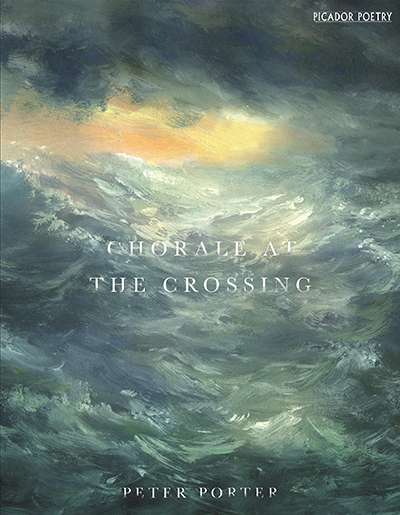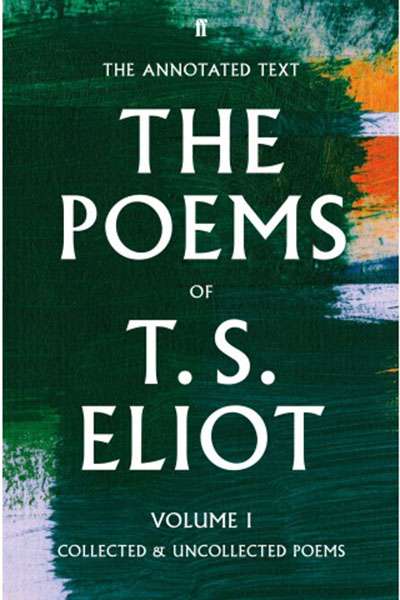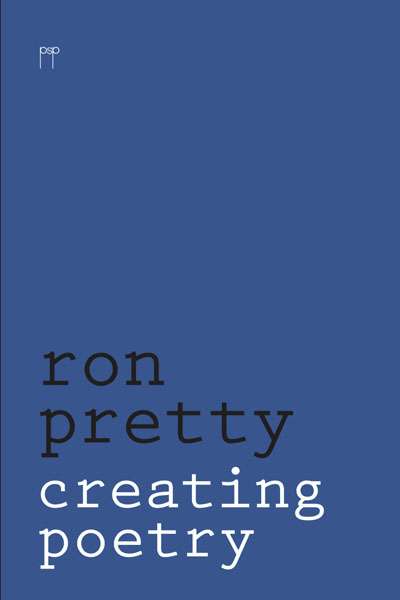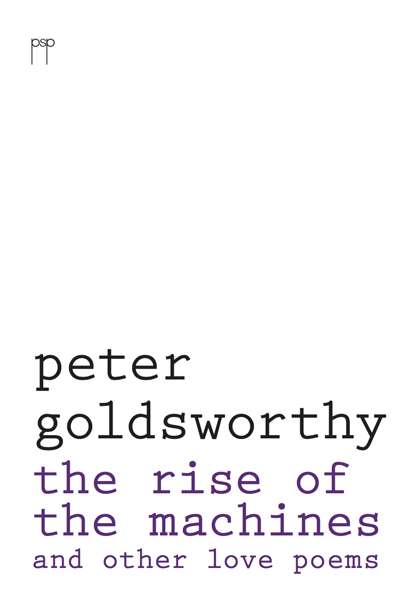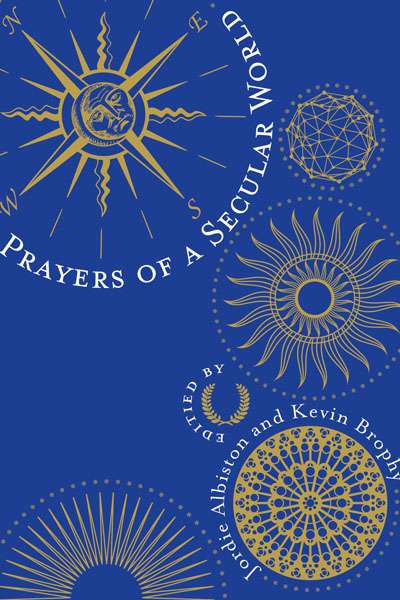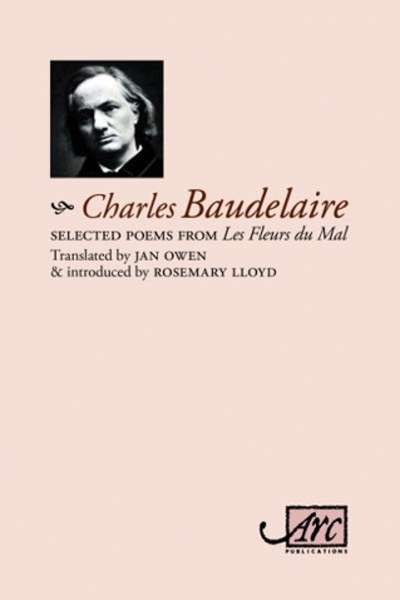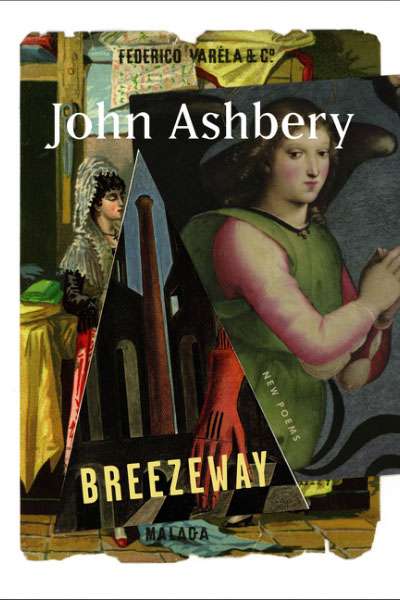Poetry
Peter Porter's posthumous collection of poems, Chorale at the Crossing, is preoccupied, understandably, with death – but death was a central preoccupation of his work from the beginning. How could it not be? He lost his mother at the age of nine.
Porter's two Collected Poems (1983 and 1999) were – are – stupendous, exuberant treasure- ...
Peter Kenneally reviews 'The Fox Petition' by Jennifer Maiden, 'Breaking the Days' by Jill Jones and 'Exhumed' by Cassandra Atherton
From the cover of Jennifer Maiden's latest book (The Fox Petition, Giramondo, $24 pb, 96 pp, 9781922146946), a wood-cut fox stares the reader down. This foreign, seditious animal is the perfect emblem for Maiden's examination of the xenophobia, conformity, and general moral diminution that she sees around her. Giramondo have given Maiden the liberty of an a ...
The Poems of T.S. Eliot edited by Christopher Ricks and Jim McCue & The Poems of T.S. Eliot edited by Christopher Ricks and Jim McCue
For fifty years after his death, the works of the most influential English-language poet of the twentieth century were unavailable in a scholarly edition. Moreover, Collected Poems, 1909–1962, arranged by T.S. Eliot himself and published in 1963, contained a number of widely recognised textual errors. The publication of The Poems of T.S. Eliot ed ...
Rose Lucas reviews 'Ground' by Martin Langford, 'Eating my Grandmother' by Krissy Kneen, and 'Now You Shall Know' by Jennifer Compton
In their very different ways, these three collections attest that contemporary Australian poetry is alive, robust, and engaging.
Puncher and Wattmann have delivered a generous collection of Martin Langford's most recent poems, Ground ($25 pb, 158 pp, 9781922186751). As we have come to expect from Langford, the voice we find here is strong – passio ...
This updated and revised edition of Creating Poetry – first published by Edward Arnold in 1987, and then by Five Islands Press in 2001 – is one of few poetry guidebooks written by an Australian poet. One of its pleasing features is that it uses the work of Australian poets, including John Tranter, Geoff Page, Kevin Brophy, Meredith Wattison, Judith Wrig ...
The Rise of the Machines and other love poems by Peter Goldsworthy
Speaking of the un-
spoken, jokes are a smoky
subspecies
This near-haiku is not so much a final definition of jokes as one definition of poetry. It shows up in Peter Goldsworthy's sequence 'Ars Poetica'. What he means is that the wordplay of jokes we make every day is a microcosm, a type and model of the more grandiose verbal surp ...
Prayers of a Secular World edited by Jordie Albiston and Kevin Brophy
In her introduction to Australian Love Poems (2013), Donna Ward wrote that poems 'are the prayers of a secular world'. Now, aided by editors Jordie Albiston and Kevin Brophy, she brings us a collection that tests this notion. The introduction by David Tacey states its case fervently, with, in this case, a bit too much determination that 'the sacred is inera ...
Selected Poems from Les Fleurs du mal by Charles Baudelaire, translated by Jan Owen
The Flowers of Evil (Les Fleurs du mal, 1857) is the most celebrated and most influential collection of verse in the history of modern French poetry. Its author, Charles Baudelaire (1821–67), is seen as the embodiment of a sensibility we regard as 'modern'. T.S. Eliot called him 'the greatest exemplar of modern poetry in any language'.
Ba ...
The collage on the cover of Breezeway, John Ashbery's twenty-eighth book of poems, encapsulates his erudite multifariousness. The juxtaposition of Raphael's angel from Madonna and Child Enthroned with Saints and de Chirico's The Enigma of Fatality with a nineteenth-century advertisement from Spanish Málaga resembles the pools of moments s ...
Peter Kenneally reviews 'The Law of Poetry' by MTC Cronin, 'The Ladder' by Simon West, 'Jam Sticky Vision' by Luke Beesley, 'Immune Systems' by Andy Jackson, and 'The Hour of Silvered Mullet' by Jean Kent
With her first book, Zoetrope, in 1995, MTC Cronin announced herself as a very particular force in Australian poetry. It was not just that her début was so much more immediately arresting than most poets' first outings, but also that it had real authority. This authority, coming from force of intellect and a kind of absolutist, almost inscribed imagination ...

